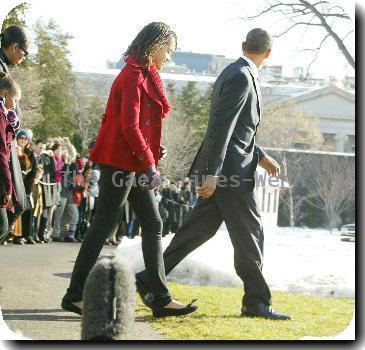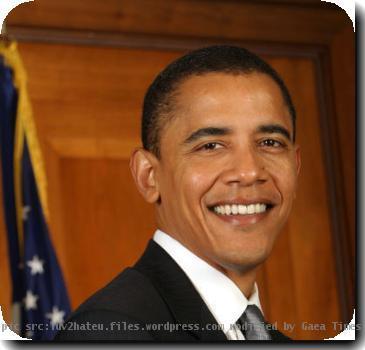America’s allies hope for continuity in Afghanistan following McChrystal’s departure
By Raphael G. Satter, APWednesday, June 23, 2010
US allies hope for continuity after McChrystal
LONDON — America’s allies in the fight to stabilize Afghanistan are hoping that the ouster of Stanley McChrystal as commander of international forces there still leaves the general’s strategy intact, officials and analysts said Wednesday.
From Kabul to London, there was some disagreement with his removal. In Afghanistan, a range of officials expressed dismay at McChrystal’s departure, while Peter Felstead, the editor of Jane’s Defense Weekly, said he believed the move was “a mistake.”
But most agreed that even if McChrystal was no longer in charge, his plan for fighting the country’s raging insurgency should remain. The general pursued a so-called “clear and hold” strategy — one aimed at knocking the Taliban out of one area after the other while building up Afghan institutions and securing the population from attack.
NATO Secretary-General Anders Fogh Rasmussen said, that while McChrystal will no longer be the commander, “the approach he helped put in place is the right one.”
“The strategy continues to have NATO’s support, and our troops will continue to carry it out,” Fogh Rasmussen said in a statement.
McChrystal — who stepped down following scornful remarks he made about administration officials — is being replaced by Gen. David Petraeus, the architect of the Iraq war turnaround. But until he is confirmed by Congress, leadership of the NATO-led force will fall to a British officer, Lt. Gen. Nick Parker, according to a statement released by British Prime Minister David Cameron.
The U.S.’s top allies in Afghanistan were eager to emphasize that, at the strategic level, nothing had changed.
Cameron, whose country has some 10,000 troops in Afghanistan said he had told Obama that Parker told him the mission in Afghanistan “would not miss a beat” during the changeover. Those sentiments were echoed by German Defense Minister Karl-Theodor zu Guttenberg and former British Ambassador Mark Sedwill, NATO’s senior civilian representative to Afghanistan, who said that McChrystal had a pivotal role in driving NATO’s effort to regain the initiative against the insurgency and shore up the Afghan government.
“This strategy remains the basis of the campaign. The campaign remains on course,” Sedwill said.
Analysts agreed that it would be a mistake to shift gears now.
“This is not the time for a new commander to come in to rethink strategy,” said Malcolm Chalmers, a fellow at Britain’s Royal United Services Institute who also served as special adviser to two British foreign secretaries.
Felstead, the Jane’s editor, credited the departing general for changing NATO’s strategy in Afghanistan “180 degrees.”
He said that it shouldn’t be too difficult for Petraeus to carry out McChrystal’s plan. But given the surge in Taliban violence — June is on track to be the deadliest month on record for international coalition in Afghanistan — he said the leadership swap “couldn’t have come at a worse time.”
He also warned the close relationship McChrystal has built with Afghan President Hamid Karzai might not necessarily be repeated with Petraeus.
Karzai and his supporters had been outspoken in their defense of the general. But while Afghan Defense Ministry spokesman Gen. Mohammad Zahir Azimi said his government regretted McChrystal’s departure, it did think Petraeus was “a good choice.”
It’s not yet clear what impact, if any, McChrystal’s removal will have on public unhappiness with the war in Europe. Many of America’s trans-Atlantic allies, such as Britain, are wrestling with increasingly fraught domestic debates over the course of the conflict.
British lawmaker Adam Holloway, a member of Cameron’s Conservative Party and former member of the Defense Select Committee, said he doubted losing McChrystal would have a dramatic effect on British operations.
France, the third largest contributor to the NATO force in Afghanistan, declined comment on the shake-up, with French Defense Ministry spokesman Laurent Teisseire calling it an internal U.S. military matter. Spain also refused comment.
There was a barb, however, from Russia’s outspoken envoy to NATO, who suggested in a lyrical posting on social networking website Twitter that a lack of success on the battlefield cultivated a contempt for the civilian leaders McChrystal criticized.
“War wounds souls,” Dmitry Rogozin said. “Bloodshed and hardship at war often arouse soldiers’ contempt towards politicians and diplomats.”
_____
Associated Press Writers Slobodan Lekic in Brussels, David Nowak in Moscow, Sebastian Abbot in Islamabad, Alfred de Montesquiou in Paris, Juergen Baetz in Berlin and Ciaran Giles in Madrid contributed to this report.
Tags: Afghanistan, Asia, Barack Obama, Belgium, Brussels, Central Asia, England, Europe, Gen. david petraeus, Germany, London, Mcchrystal, North America, Stanley mcchrystal, United Kingdom, United States, Western Europe



